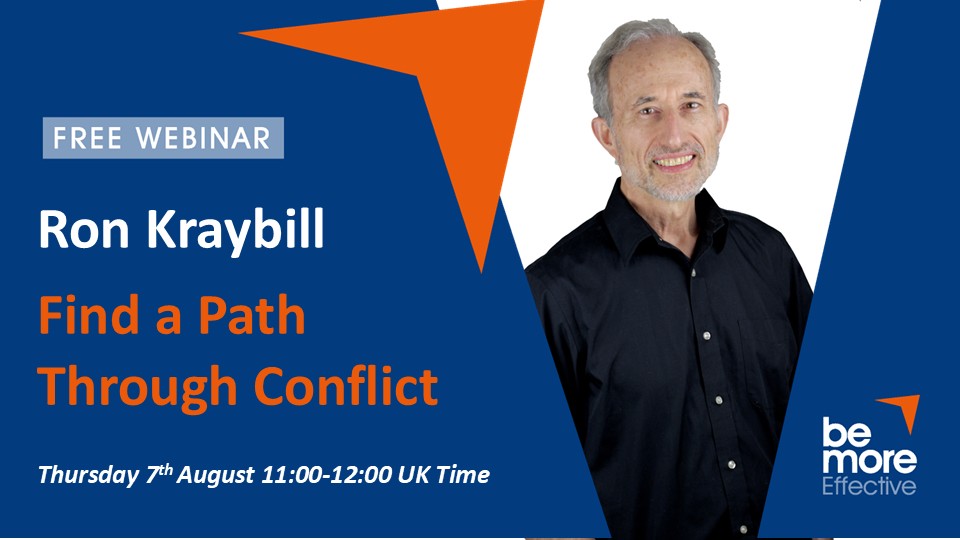What Mindfulness Has to Do with Work

What does mindfulness have to do with work? Does it have anything to do with work?
Consider the opposite question.
What does mindlessness have to do with work?
We all have moments of mindlessness, and work is no exception.
Mindlessness
What is mindlessness? Mindlessness means you don’t have to think.
You’re just going through the motions, like driving that stretch of road every day to or from work, and when you get that sudden realisation that you don’t remember how you got to where you are.
People work like that, especially where the work lends itself to it. Most people are bored silly with their jobs.
They’re capable of so much more, but because their work is boring, they do it mindlessly, and then use their little grey cells to think about something else while at work.
Even though there are jobs like that, you mustn’t just assume that that’s the way it is, and there’s nothing that can be done about it.
To be sure, there will be those who don’t want work that engages their minds. These are they whose jobs are most at risk. This is the work that robots can do and, in a way, those who work mindlessly are just human robots.
But in an information driven society, there’s more opportunity now than ever to create work that requires mindfulness.
And that should be your goal.
During the Industrial Revolution, the skilled work of master craftsmen was divided up into little parts that an unskilled person could do.
That’s the old model of work.
Given the shortage of skilled labor - and the problem is going to get worse, by the way - it makes sense to recombine the tasks of the unskilled into work that requires real thought, though you can’t expect your employees to figure out how to do that.
That’s something you have to do.
Sure, you can give them a big project and then tell them to design a solution, but you also have to give them a sufficient understanding of the tools that are available in order to work on it. And if you don’t - if you tell them that you’re too busy to do that - then you only have yourself to blame when they become mindless.
Mindfulness
Mindfulness means that you have to think about what you’re doing. It means that you have to concentrate, analyse, make decisions.
It means that there may be a lot of ways to do something and the best one depends on the circumstances, or that there’s only one safe way to do it, and that you have to pay attention to make sure that there isn’t an accident.
But mindfulness has to dominate the job before things like efficiency, effectiveness, and productivity can take place.
If your employees are inefficient, ineffective, and unproductive, it’s probably because they either don’t know how to think or, more likely, there’s nothing to think about.
And so you have to design the scope of their work so that they can think about how to make these things happen.
Efficiency and effectiveness
As a reminder, efficiency is doing things in the right way. Effectiveness is doing the right things. Both are essential.
You can be efficiently ineffective or inefficient effectively. Either may make you effectively ineffective or inefficient. Got that?
Best practice presupposes that there is a right way, and of course we know that that’s nonsense, too. There are many “right” ways to do most things, and your way isn’t necessarily any righter than anyone else’s.
That’s a fact.
Companies do the same things differently; so do nations. It’s why it’s called differentiation, don’t you know.
Employees today have more education than any generation before them.
You’d expect them to not only be able to think, but to want to. And when people think, that’s when they come up with innovative solutions. Innovation can be thought of efficient invention. Invention can be thought of as effectiveness. It’s about making things better, faster. Productivity has come to mean doing both.
What matters is what you produce, what you sell. In order to make a better product or service, to do it faster and to a higher standard than your competitors, you have to do both.
If you’re inefficient, then it will take you longer, and your products will cost more. If you’re ineffective, then you might create products that no one wants to buy.
All of this comes back to mindfulness.
Your employees need to be doing work that requires them to think. They can’t be on autopilot.
A lot of companies are getting excited about self-driving cars.
How about self-driving Formula One? This would free up drivers so that they could wave to their fans as they went past the grandstand.
Sound ludicrous, doesn’t it. That’s what mindlessness looks like. Is that what you want your employees to do?
How do you create mindful work?
It will be different for every workplace, but you can start by becoming mindful yourself.
The first thing you have to ask yourself is how the work your company does - how the product or service would have been done when the founders built the very first one. You see, all companies to one extent or another began with one thing and then scaled it.
What you have to do is go back to the beginning and understand what your organization was like before it scaled anything. Another way to look at it would be to ask yourself how a master craftsman would have done it.
What you’re looking for is the place which is the farthest up the chain of activity; the place where one person would have completed the entire job.
The division of labour, in the 18th century, occurred because factory owners had an abundance of unskilled labour and consumer demand for products that required skilled workers to do.
You have the opposite problem in a way. You have highly skilled workers doing the work of the unskilled, which goes some way to explain why they’re not as motivated as you’d like them to be. You have to recombine work so that the skilled workers can become mindful again. In the process of recombining work, efficiency and effectiveness will come up time and time again.
That’s because you’ll begin to see that much of what you do doesn’t matter. It’s a waste of time and money. But it’s been built into the system because you had the people power to do it.
Things are more complicated. There are government regulations and paperwork and VAT and all the rest of it that master craftsmen in the 18th century didn’t have to think about; but they didn’t have electricity, central heating, or the Internet either.
To make the jobs in your organization mindful once again will mean the most radical change programme imaginable.
Instead of restructuring and reengineering, you’ll be redesigning. But if you do it, then you’ll create an environment where everyone is fully engaged. Organizations like this innovate. They do things that no one else can. That’s because they think differently than everyone else.
They’re more mindful in everything.
Conclusion
Your mission, if you choose to accept it, is to create a mindful organization.
It’s to radically change from doing things the way you’ve always done them, to doing them the way you should have been doing them a long time ago.
If your employees are doing mindless work, then it’s because you and the organization that employs you has failed to make it any other way.
The choice is yours. What will you do?
If you want to explore these ideas further – email Bob Hayward
For more information please send a message via the Contact Us Page. Or you can register for an upcoming webinar.


